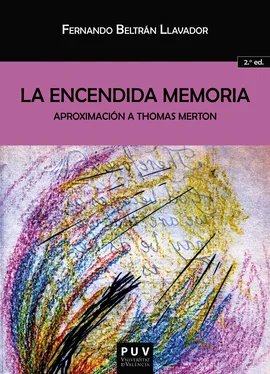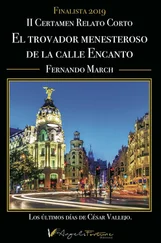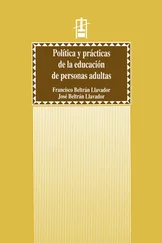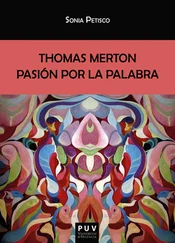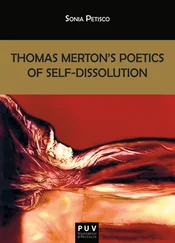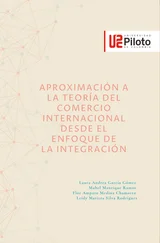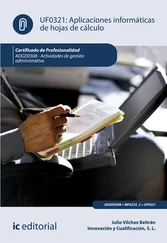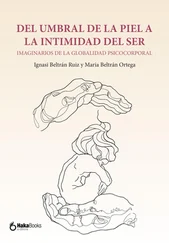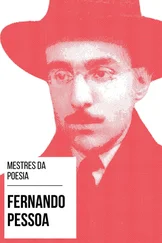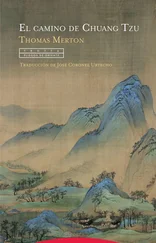Finley nos ofrece una bella imagen para entender la paradoja de la condición del solitario, “... that of a large group of people formed in a circle. As each individual in the circle simultaneously begins to walk slowly toward the center of the circle, he or she discovers that all are inevitably drawing closer to one another. Physically, it is impossible for them all to stand at once in the precise center. But in prayer, it is possible”. 33 Cristo, continúa explicando, es ese centro y, a medida que salimos de nosotros mismos para adentrarnos en Él en solitaria oración nos adentramos también en el lugar más real del prójimo, su región más transparente. En la cruz, Cristo se encuentra con Cristo. En un momento de unión solitaria con Dios llegamos al centro que, aún oculto, está en todas partes, por el que toda la humanidad clama, de modo consciente o inconsciente, y mediante el que recibe la curación de Dios. En la oración, en unidad con Cristo, guardamos a nuestros semejantes en lo más profundo de nuestro corazón y sus aspiraciones más hondas se convierten en las nuestras, pues siempre han sido las mismas. La comunión con otros resulta esencial para unirnos con Dios, y nuestra unión con Dios resulta esencial para unirnos al prójimo. La una no se sobreimpone a la otra, sino que ambas se presuponen.
La obra entera de Merton gira en torno a eso que comenzó siendo búsqueda, reconocimiento más tarde —en una relación todavía dialógica— de la verdadera identidad, y esponsal con ella finalmente; las palabras de uno de sus últimos diarios nos hablan de su propia comprensión de nuestro más profundo y verdadero yo:
Without solitude of some sort there can be no maturity. Unless one becomes empty and alone, he cannot give himself in love because he does not possess that deep self which is the only gift worthy of love. My deep self is not something which I acquire, or to which I can attain after a long struggle. It is not mine, and cannot become mine. It is no “thing” —no object. It is “I”. But the deep “I” of the Spirit, of solitude and love,... who is always alone, is always universal: for in this inmost “I” my own solitude meets the solitude of every other person and the solitude of God. Hence it is beyond division, beyond limitation, beyond selfish affirmation. (VC: 207)
Por último, en este apartado, el estudio de Sacvan Bercovitch 34 es pertinente porque prolonga la reflexión sobre el origen puritano de la identidad norteamericana hasta Emerson, Melville, y Whitman. No resulta difícil extender sus conclusiones hasta personajes más recientes de la escena estadounidense y aplicar su planteamiento a Thomas Merton. En efecto, Bercovitch señala que esta identidad viene marcada por un contenido mítico excepcional que hace de ese país tan vasto una tierra que parece escapar a los límites de un “topos” particular, convirtiendo su espacio en una virtual “utopía”, un terreno susceptible de albergar los sueños y las proyecciones humanas más diversas. 35 En el caso de la imaginación puritana los destinos particulares de las vidas de los colonos y su imbricación en la historia quedan sometidos a una hermenéutica tipológica que hace de la Biblia un mapa de correspondencias entre los sucesos personales y colectivos, entre los acontecimientos históricos y los designios trazados para el pueblo de Israel en la Escritura; los relatos espirituales personales giran en torno al eje dinámico de la conversión, y contemplan todo suceso bajo esa luz. El homo americanus se siente compelido a escapar de sí mismo —de su tierra en los orígenes de la primera emigración colonial, de su herencia europea más tarde, de su “vieja” y contradictoria identidad aún hoy en día— en un viaje que atraviesa ineludiblemente su propio centro, de modo tal que resulta difícil dibujar con claridad los límites entre sus movimientos de conciencia centrífugos y los centrípetos, entre su búsqueda y su huida. La tierra americana abraza, desde sus orígenes bajo ese nombre, las tensiones del emigrante en una relación de conflictos y polivalencias con su propia identidad.
La “novedad” de vida cristiana encuentra un campo fabuloso de exploración en Norteamérica. Pero el homo americanus quizá haya proyectado junto al norte luminoso que anhelaba la sombra de la que huía, la vieja imagen de sí mismo, en un nuevo y vasto continente, aumentando con este las dimensiones de su culpa. En tanto que emigrante, también Merton trascendió, integrando sus contradicciones y sin renunciar a ella, su identidad americana, al proseguir, más allá de la tierra de promisión en el Nuevo Continente, su peregrinaje por Asia, abandonando allí todo sueño para adentrarse en la fuente de la verdadera Luz:
It is neither this world nor another. It is not based on anything. Because it has no foundation, it is the end of sorrow. Nothing remains to be done. Therefore, there is no threshold, no step, no advance, no recession, no entry, no nonentry. Such is the door that ends all doors; the unbuilt, the impossible, the undestroyed, through which all the fires go when they have “gone out”. Christ said, “I am the door”. The nailed door. The cross, they nail the door shut with death. The resurrection: “You see. I am not a door”. “Why do you look up to heaven?”. Attolite portas principes vestras. For what? The King of Glory. Ego sum ostium. I am the opening, the “shewing”, the revelation, the door of light, the Light itself. “I am the Light”, and the light is in the world from the beginning. (It seemed to be darkness). (AJ: 154-155)
1 Merton fue implacable en su crítica a la iglesia institucional. En una circular de 1967, un año antes de morir, escribe: “The present institutional structure of the Church is certainly too antiquated, too baroque, and is often in practice unjust, inhuman, arbitrary and even absurd in its functioning. It sometimes imposes useless and intolerable burdens on the human persons and demands outrageous sacrifices, often with no better results than to maintain a rigid system in its rigidity and to keep the same abuses established, one might think, until kingdom come”. Sin embargo, en esa misma carta reafirma la determinación irrenunciable de su vocación: “By God’s grace I remain a Catholic, a monk and a hermit. I have made commitments which are unconditional and cannot be taken back” (en M. Basil Pennington, OCSO, Thomas Merton Brother Monk: His Quest for True Freedom , Harper & Row, New York, 1987, 188).
2 Esas son algunas de las firmas de cartas de Merton recogidas por Edward Rice, The Man in the Sycamore Tree: The Good Times and Hard Life of Thomas Merton , Harcourt Brace Jovanovich, San Diego, 1985, 43.
3 Robert Daggy, ed., Encounter: Thomas Merton & D. T. Suzuki , Larkspur Press, Monterey, KY, 1988.
4 En su edición y traducción de la selección de poemas de Thomas Merton, Oh, corazón ardiente: Poemas de amor y de disidencia , Trotta, Madrid, 2015.
5 Thérèse Lentfoehr, en su estudio sobre la poesía de Merton ( Words and Silence: On the Poetry of Thomas Merton , New Directions, New York, 1979), recoge el siguiente ejemplo: “In Tom’s Book , a small diary kept by Thomas Merton’s mother for the first two years of his life, among the March-April 1915 entries is the following: ‘He said “Aye” in many different and expressive ways, watched and talked to a flower...’”. Y prosigue: “Let time telescope to the summer of 1968, when, in the second issue of Monks Pond , a diverse collection of poetry and ‘some unusual prose’, edited by Thomas Merton, a poem appears by Besmilr Brigham beginning: ‘The poet is born upon a day/embroidered with one flower.../The good poet looks into the center of the flower/where the unobserved seeds are/that grow in his own heart/and he scatters them/with the abadonment of petals.../a poet lives whole within a day/whose crest is the one flower/he teaches men to speak/into the center of themselves...’”, (1) para concluir: “It was as a poet that we first knew him” (2).
Читать дальше
